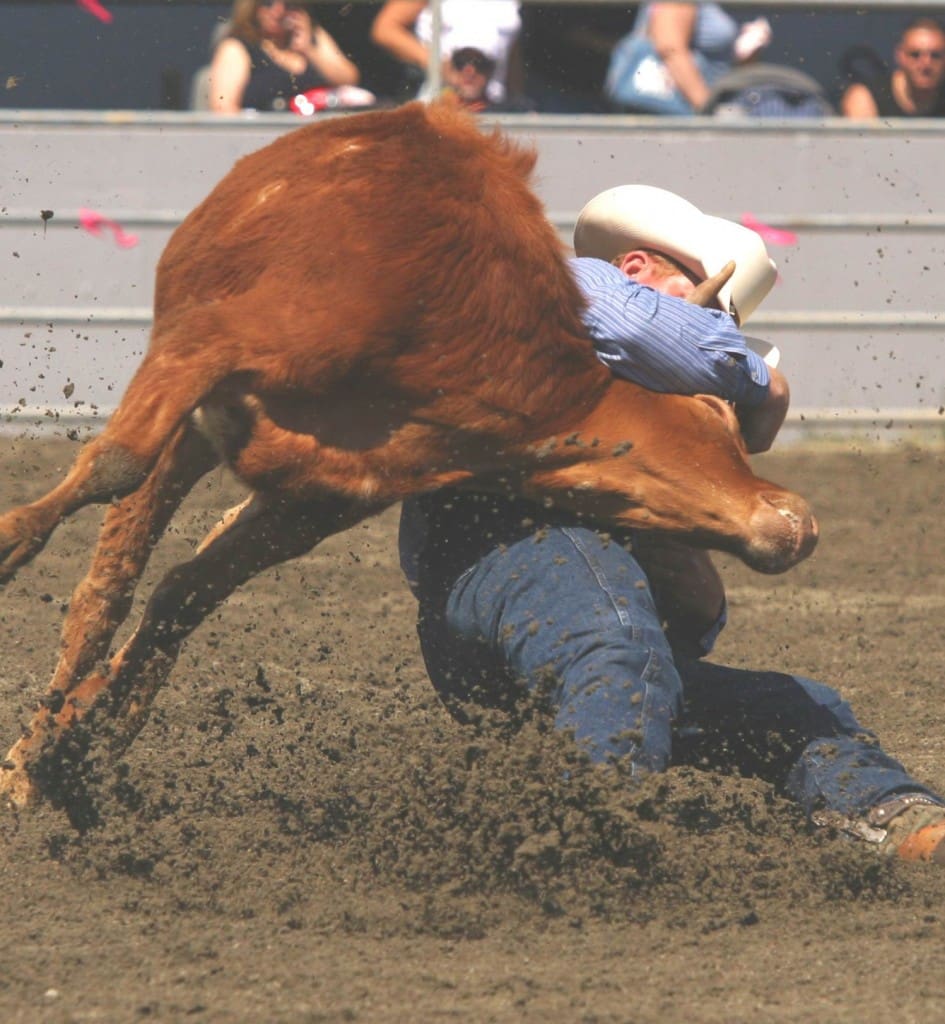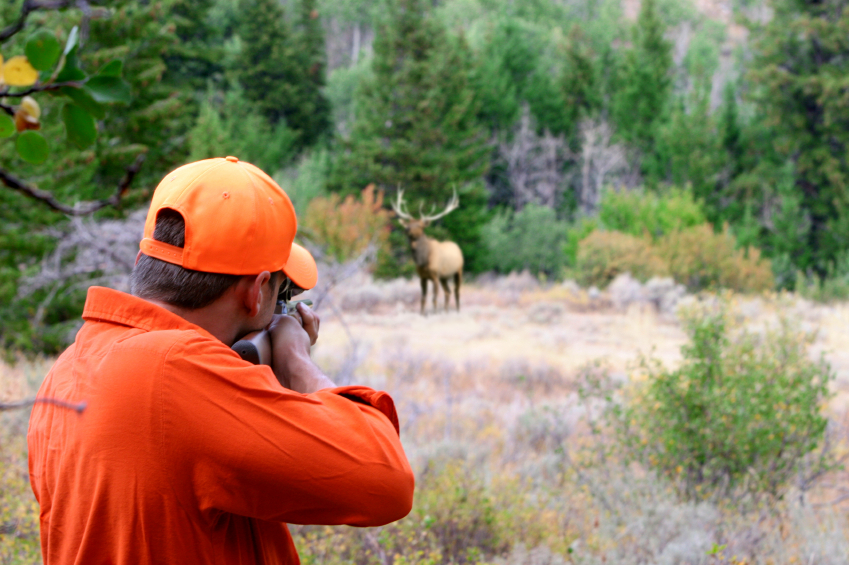Article originally published on Daily Hive.
On February 13th, 2019 NASA confirmed the death of the Opportunity rover. Its last image a dark static greyscape, the last view of the sandstorm that destroyed the rover, and its last message “my battery is low and it is getting dark.”
And the Internet wept.
There has been an outpouring of sympathy at “the loss of Opportunity” (the most 2019 phrase thus far), but it’s not hard to see why. Designed for a 90-day mission, the rover explored for 15 years, outliving its sibling rover, Spirit, by years.
It was programmed to know its own birthday and it sang to itself every year to commemorate the occasion. It was basically a real life Wall-E. And it lived its life like many of us, terribly online. On Twitter, Opportunity and Spirit shared the @MarsRovers handle, and have amassed over 475k followers. Opportunity had an identity.
“This is a hard day,” said project manager John Callas. “Even though it’s a machine and we’re saying goodbye, it’s still very hard and very poignant, but we had to do that… It comes time to say goodbye.”
NASA lost communication with the rover after a sandstorm, declaring the mission, which has indicated that Mars once had water capable of sustaining microbial life, complete.
The online response to the “death” of Opportunity shows clearly if nothing else how essential compassion is to the human condition. We know that a robot in outer space isn’t actually celebrating its birthday, or even really dying. But it’s sad. We feel for the robot.
That isn’t to say sympathy for a dying robot is a bad thing. I used to research and teach political and ethical theory (among other things), and as an ethicist, I take compassion to be a moral virtue and one of the best qualities a human being can have. The philosopher in me is excited for the ethical considerations that will have to come about as a result of more and more complex artificial intelligences as machines and AI continue to become more and more a part of our lives. Our capacity to care, for other humans, for non-human animals, even for fictional characters and objects with identities, tells us something incredible about human beings.
The entertainment industry has played on this for years — robots, mutants, animal-human hybrids, and aliens can all be protagonists or love interests and no one bats an eye. You only have to name a pencil in front of a group of students and suddenly if you snap it you’re destroying an individual, not a mere object.
Animals are individuals. Not exactly like us, but they are individuated in similar ways. Depending on the species, some individuals will be more curious, social, food-motivated, dominant, playful, or any number of other “personality” (animality?) traits that mark individuals within that species.
It makes sense that people sympathize more with an individual like Opportunity, just as they did with Tilikum, the orca profiled in the film Blackfish which highlighted the keeping of cetaceans at Sea World and other marine parks. The film brought to light the ethical issue of keeping highly intelligent, social creatures in environments that the best science tells us is inadequate.
I had the fortune of seeing a similarly eye-opening film in Ottawa a few years ago. Sled Dogs examines some of the issues surrounding the Iditarod dog sled race and the use of sled dogs in tourism and entertainment, including a large scale cull of dogs that took place in British Columbia. It is heartbreaking to see the lives of these creatures. In this year’s Yukon Quest, considered by many to be more difficult and dangerous than the more famous Iditarod, a dog named Joker has died. Last year a dog named Boppy died when he asphyxiated on his own vomit which froze in his throat. A dog has died or had to be euthanized every year for the last ten years of the Yukon Quest. Boppy’s owner had a dog die in a previous race, and was once disqualified based on the condition of his dog team.
The environmental conditions these dogs were in at the time of their death, white, grey, getting darker, if we could capture that image, it may not be unlike the last photo from Opportunity.
Dogs are not meant to run 1600km in some of the most dangerous conditions on the planet, and they certainly don’t *want* to. They are not capable of the kinds of complex decision making required for that. Dogs, regardless of breed, want to be happy and like us, that comes in a variety of ways. Exercise is definitely one of them, and all dogs need some level of physical activity to be healthy and happy.
Certainly some dogs enjoy the snow and the cold, I can remember vividly trying to bring a Malamute mix in at the shelter I managed in St. John’s. It was a literal blizzard and he had curled up and gone to sleep outside. I had to pick him up to get him in for the night.
But no dog wants to die, and since they aren’t capable of making complex choices in their own best interests, we owe it to them to advocate on their behalf. If we can empathize with a robot dying alone on Mars, we have to be able to empathize with Joker dying in the cold, in pain and confused.
Non-human animals do not experience time the same way we do since they don’t plan for the future or construct a narrative identity through memories of the past. What they “know” in any meaningful sense of the term is what they are immediately and directly experiencing through their senses. They react based on previous experience as well as individual disposition, something like what we experience as memory and identity. The complexity of this basic experience varies depending on the animal, but remains essentially the same.
This means that in moments of trauma and stress, dogs, cats, cows, pigs, and a lot of other animals, “know” only that trauma. A dog can’t rationalize its final moments by telling itself it’s a hero. It doesn’t grasp the concept of death in the way we do, it may not “know” it’s dying in the same way we do, but in that moment that’s all it thinks it will ever experience. Every moment is forever.
We care a lot about our pets. Some care passionately about wildlife, and others care tremendously for the animals who suffer as part of our agriculture system. We even care about cartoons and brands and robots on Mars. In a world where we have rules around infrastructure to preserve the dignity and integrity of views and scenery, let’s try to empathize more with those who depend on our care the most, and always strive to do them justice. Like most things, we can always do better.
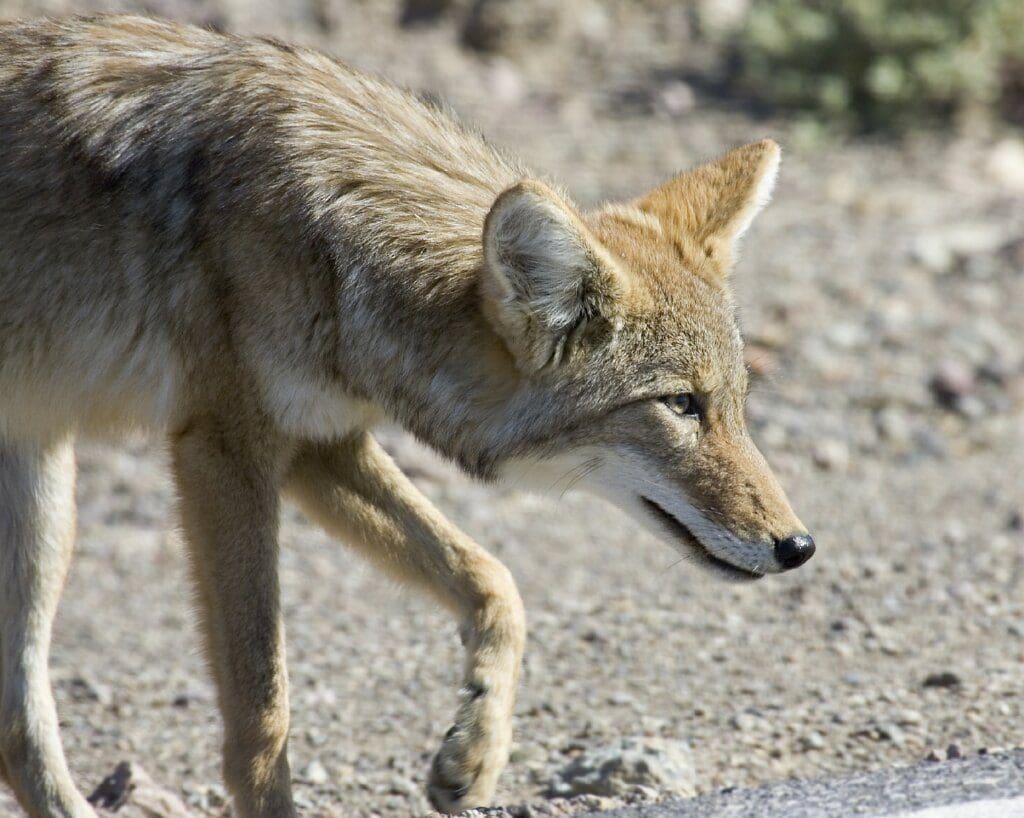


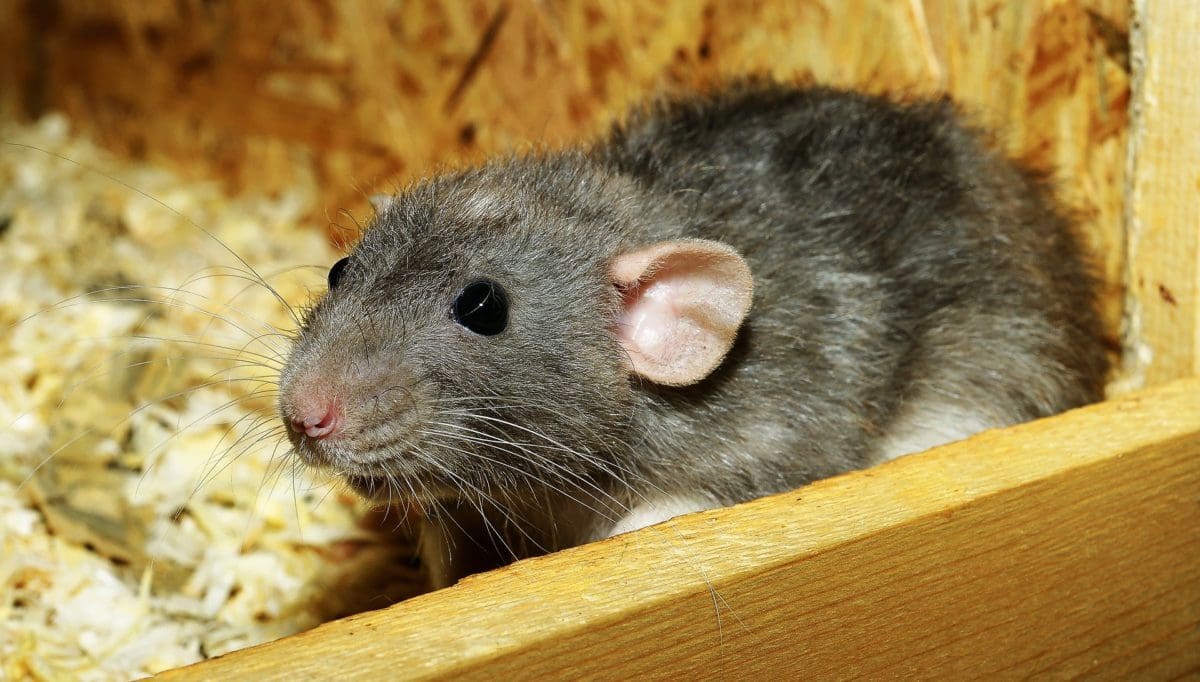
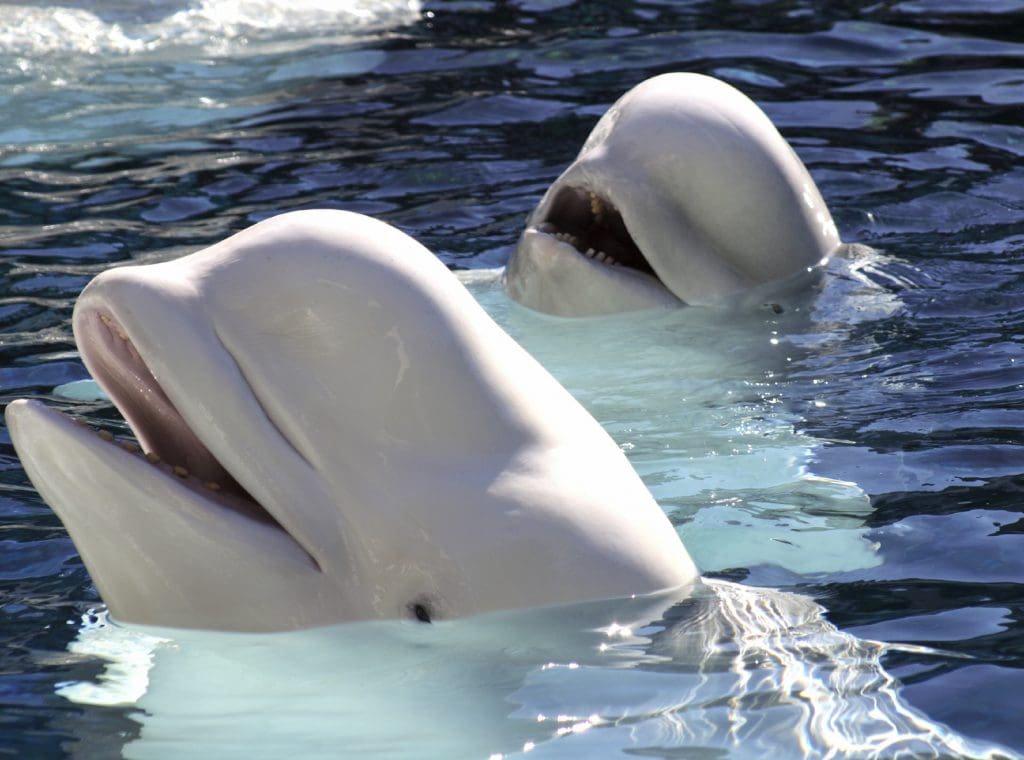
 A recent
A recent 